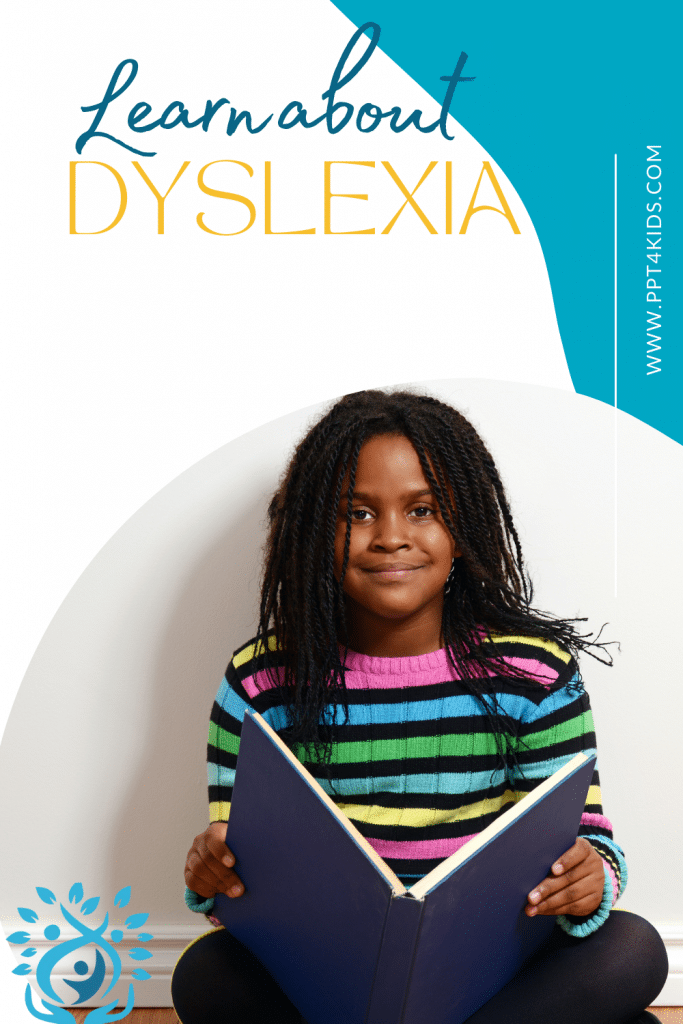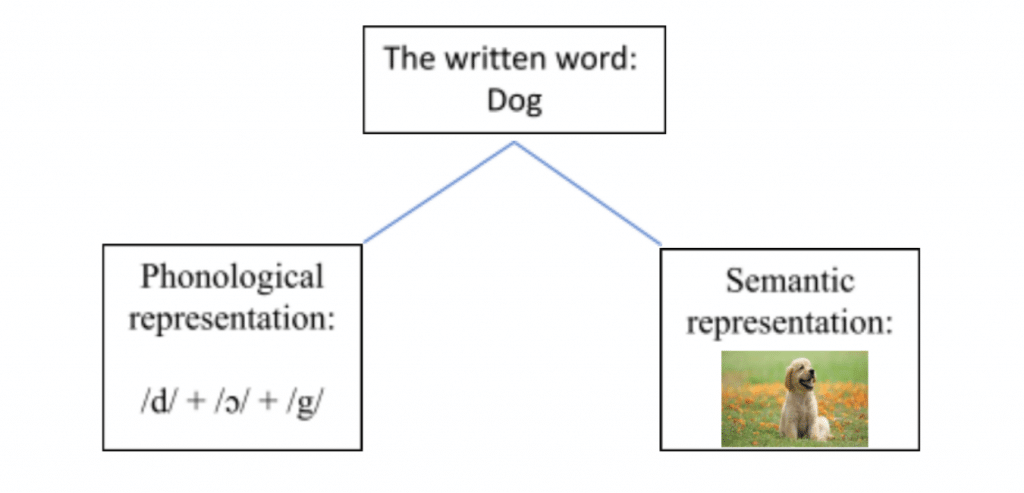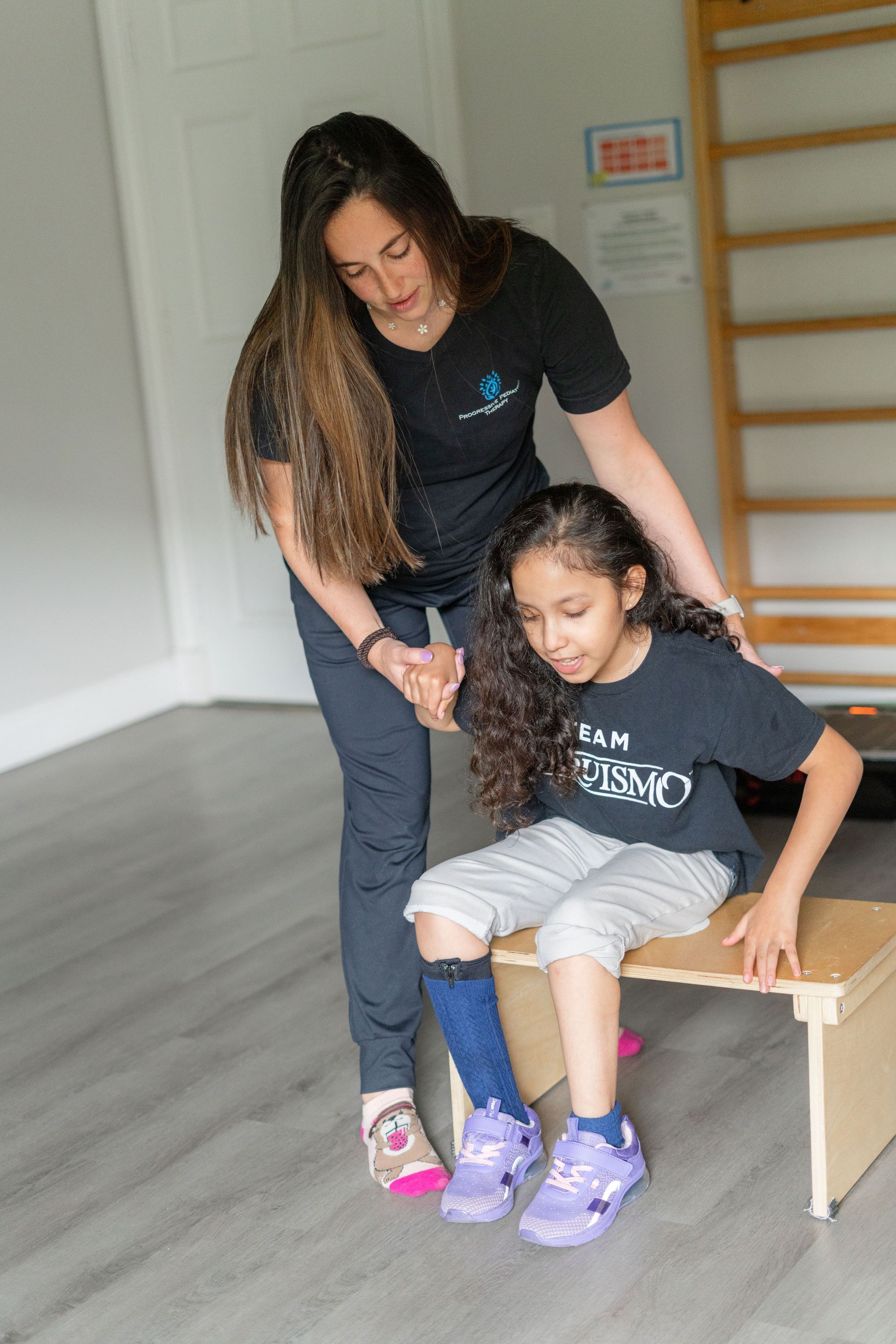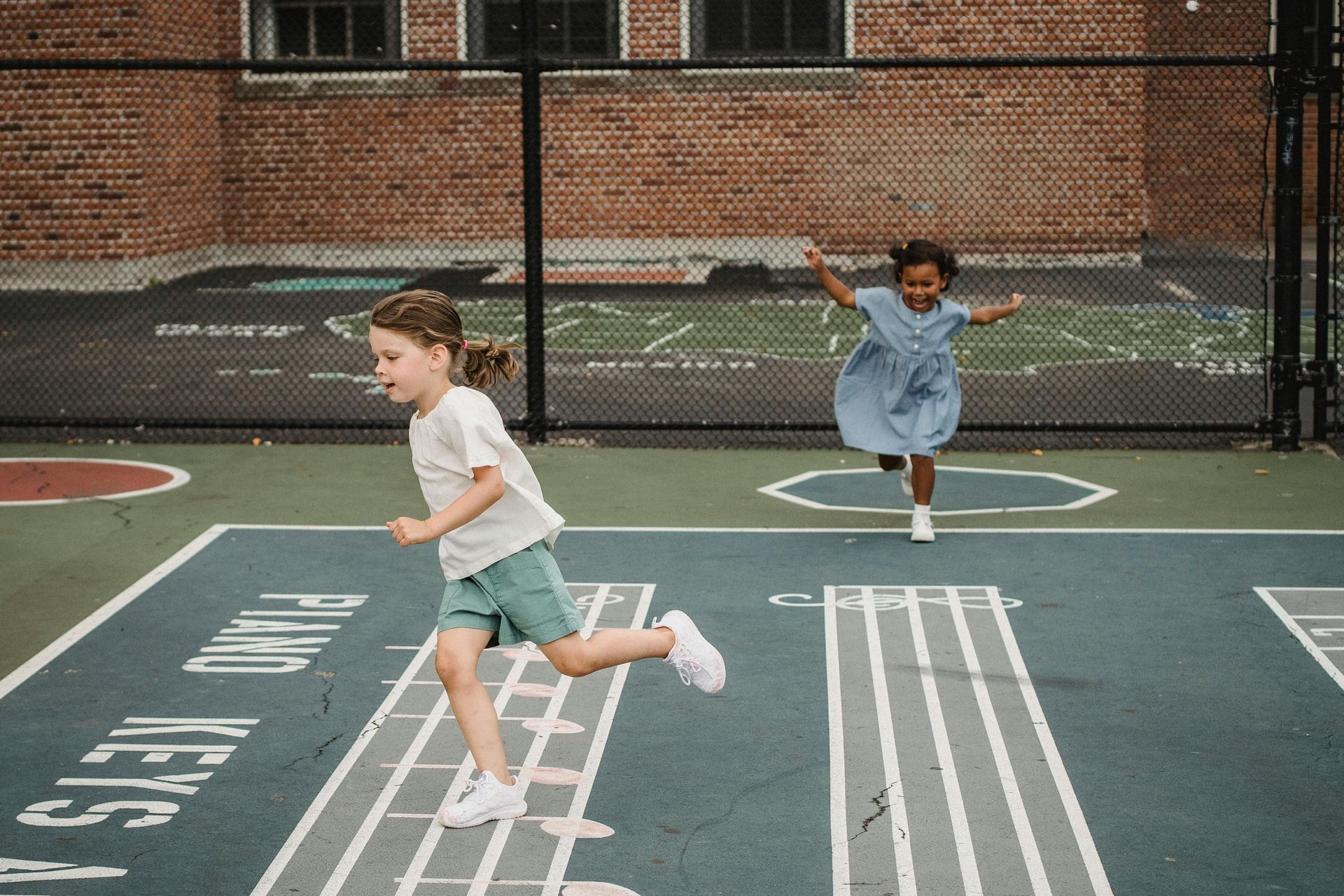Your Clinic
SET A LOCATION
Your Clinic
SET A LOCATION

Learning to read isn’t an automatic process. Reading and writing is a multi-disciplinary skill that can take years of instruction and practice to perfect. In the minds of practiced readers, seeing a written word activates both the semantic association (the picture in your mind) and the phonological association (how to pronounce it) of that word in your brain. That is a lot of things happening at once! As children learn to read, this process typically becomes faster and more efficient with time.

For kids with dyslexia, these associations may not occur as quickly or as efficiently. Dyslexia is estimated to affect as many as 1 in 5 children and can present challenges with reading comprehension, vocabulary growth, and writing. For some children, letters may be “read backwards” like reading a “b” as a “d”, but this is not the case for every child. Dyslexia is also not a sign of low intelligence, but rather specific challenges with reading and writing that are not also seen in that child’s oral language skills.
Dyslexia is a specific learning disability that includes difficulties with:
People with dyslexia may also have difficulty with phonological awareness . Tasks for phonological awareness include:
Children with dyslexia often benefit the most from explicit teaching of phonemic awareness and phonics rules. A specialist can help your child make the connections between the written letter and its sound, promote fluency during reading to improve speed, and teach other concepts like “silent -e”. Children with dyslexia often also benefit from a multi-sensory approach (incorporating sight, smell, taste, touch, and hearing). By using this technique, children are able to make connections in many different parts of their brain, rather than just one.
Want to try some activities like this at home? Have your child draw letters in shaving cream or use scrabble tiles to creating rhyming words.
Symptoms of dyslexia usually become most apparent in kindergarten or first grade, when your child begins receiving reading instruction in school. Diagnosing dyslexia involves a multi-disciplinary team that typically includes a speech-language pathologist, educational psychologist, and medical doctor. A number of assessments can be given to identify strengths and weaknesses in your child’s language skills. Speak with your child’s doctor, school, or contact us to schedule an evaluation with a Speech Language Pathologist to get this process started.









We empower children, families, and the community to learn, grow, and celebrate every child's unique abilities.
Quick Links
Contact Details
Phone: 561-376-2573 | 561-918-0190
Fax: 561-218-4939
VIP Concierge: 561-717-1764
Clinic Locations
All Rights Reserved | Progressive Pediatric Therapy, Inc. | Privacy Policy | Terms of Service
Site by Spearlance